World 1901-present
Some of the most profound and influential changes in world history take place from 1901 to today and covered here are many of the important and well known ones as well as some of the smaller stories. In terms of reach this section covers huge themes on diplomacy, post imperialism and economics. The articles cover the time period right up into recent events such as the State of the Union address by the US President Barrack Obama.
Sort by:
Date (Newest first) | Title A-Z
Show:
All |
Articles |
Podcasts |
Multipage Articles
-

Using databases to explore the real depth in the data
ArticleClick to view -

The Harkness Method: achieving higher-order thinking with sixth-form
ArticleClick to view -
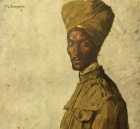
Lions of the Great War: How are Sikh soldiers of the First World War seen today?
Multipage ArticleClick to view -
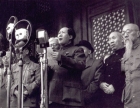
Transforming Year 11's conceptual understanding of change
ArticleClick to view -

Finding the place of substantive knowledge in history
ArticleClick to view -

Developing transferable knowledge at A-level
ArticleClick to view -

Podcast Series: Modern China
Multipage ArticleClick to view -

Podcast Series: Canadian Confederation
Multipage ArticleClick to view -
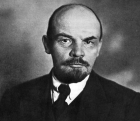
Podcast Series: Russia and the USSR
Multipage ArticleClick to view -

The shortest war in history: The Anglo-Zanzibar War of 1896
ArticleClick to view -

Polychronicon 156: The transnational history of the First World War
ArticleClick to view -

Triumphs Show 156: Fresh perspectives on the First World War
ArticleClick to view -
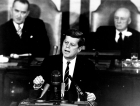
'But why then?' Chronological context and historical interpretations
ArticleClick to view -
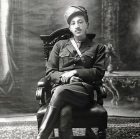
Afghanistan in the 1950s - Films
ArticleClick to view -

We Remember Rwanda
ArticleClick to view -
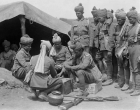
India in 1914
ArticleClick to view -
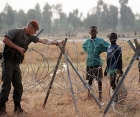
Bringing Rwanda into the classroom
ArticleClick to view -
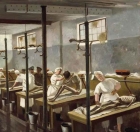
Learning lessons from genocides
ArticleClick to view -
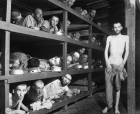
Can we educate Year 9 in genocide prevention?
ArticleClick to view -

Helping Year 9 debate the purposes of genocide education
ArticleClick to view

